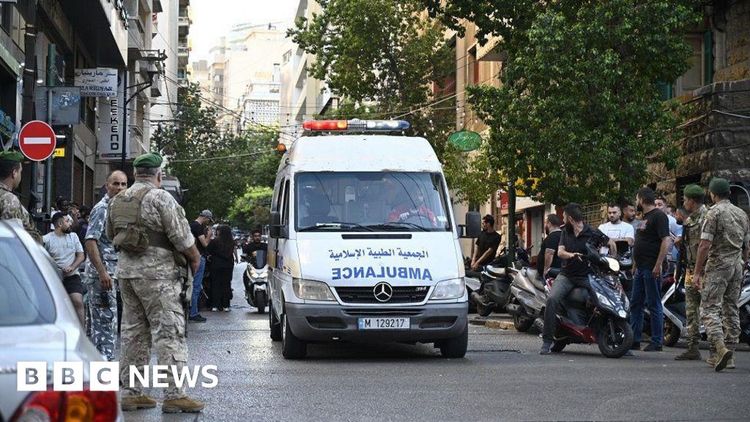Pager explosions will devastate Hezbollah's morale and manpower

It's difficult to imagine a more deliberate attempt to create fear and uncertainty.
Hezbollah depends significantly on pagers for their communication needs.
Mobile phones have been largely dismissed as overly insecure for quite some time, a point highlighted by Israel's killing of a Hamas bombmaker back in 1996.
However, the assaults that took place today were frightening in their extent.
Hezbollah members met their end in various locations – in grocery stores, on the streets, in their vehicles, at home, and even while being near their children.
Reports of incidents came in from various parts of Lebanon, stretching from Beirut to the Bekaa Valley, and even from nearby Syria.
Iranian state television reported that the ambassador of Tehran in Lebanon was among those who sustained injuries.
While each explosion might have been minor in scale, a few led to devastating injuries.
One striking image depicted a young man, motionless and slouched in a barber's chair, his face covered in blood.
As Hezbollah and Israel have been engaged in a prolonged low-intensity conflict for nearly a year, these attacks are likely to significantly impact Hezbollah’s personnel, communication systems, and overall morale.
Israel has not made any statements yet, but it's clear that they are behind it—no other organization or nation has both the incentive and the ability to carry out such an action.
This marks the most recent development in a string of complex military and covert activities that have taken place since mid-July. These have included an extended airstrike in Yemen, as well as targeted killings in both Beirut and Tehran.
Do the pager attacks signal the beginning of a more extensive Israeli operation?
Given that many members of Hezbollah have sustained injuries and their essential communication systems have been significantly disrupted, it seems like an opportune time for Israel to capitalize on the situation.
In recent days, Israeli officials have indicated their intention to change the current military situation at the border with Lebanon.
On Sunday, Israel's Prime Minister, Benjamin Netanyahu, stated that the country requires a shift in the power dynamics along its northern border.
For nearly a year, tens of thousands of people in Israel have been living away from their homes. The government mandated an evacuation of at-risk communities in the north when Hezbollah began launching rockets into that area, shortly after the conflict in Gaza commenced.
For months now, ongoing Israeli air strikes in retaliation have compelled many Lebanese families to leave their homes behind.
On Monday, Mr. Netanyahu and his defense minister, Yoav Gallant, cautioned a visiting US representative that Israel is ready to take any necessary measures to guarantee its safety.
For the first time, the government mentioned that one of its goals in the Gaza conflict is to enable Israelis to go back to their homes. This raises concerns about a potential escalation in the situation, which might lead to a small ground operation to establish a safety zone in southern Lebanon.
There are currently no indications of a significant gathering of troops and equipment that would be necessary for a large-scale military invasion. However, today’s assaults mark another alarming increase in tensions.
It’s difficult to imagine that Hezbollah won’t feel the need to take some form of action in response.







































